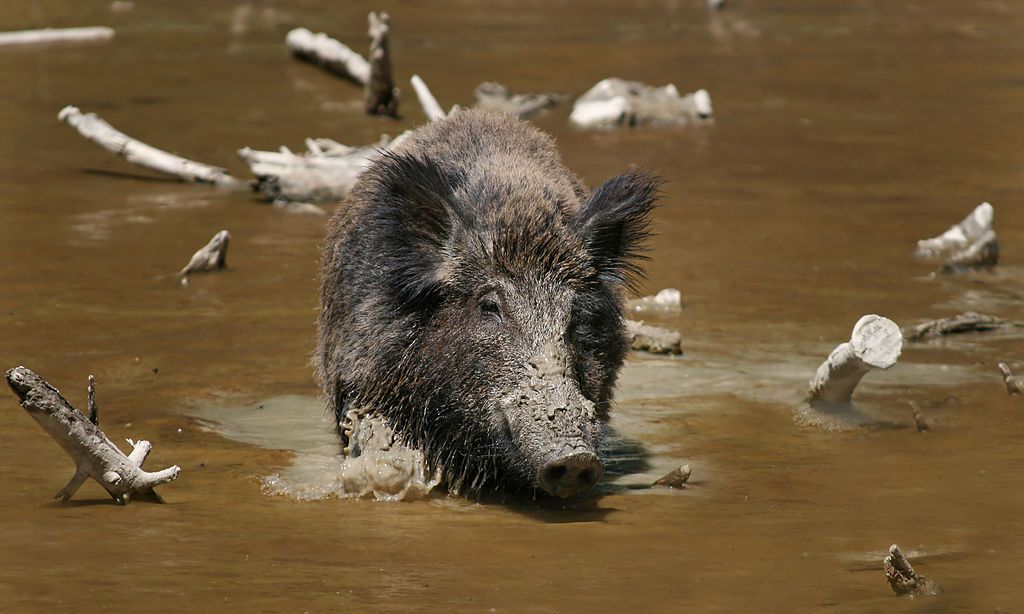Parliament yesterday approved plans to erect a 1.5-metre fence across the Danish-German border – primarily to reduce the risk of wild boar infected with African swine fever entering the country and jeopardising Denmark’s lucrative pork production industry.
The fence will be 50 cm deep to ensure the animals cannot tunnel underneath it, and cattle grids will be installed on the roads.
DF’s primary motive?
However, experts have warned that the wild boar could still easily enter Denmark by swimming, and many have questioned the wisdom of the fence given that Germany does not have any cases of African swine fever.
The government parties were supported by Socialdemokratiet and Dansk Folkeparti, the party that proposed the bill.
Some critics have suggested that DF’s primary motive for the bill was to build the fence to further tighten border controls.
Scores of elderly people in hospital with dehydration due to warm spell
The recent warm spell in Denmark has resulted in a large number of elderly residents suffering in the heat. In Odense on Monday, around 10 senior citizens were admitted to hospital with dehydration. Bispebjerg Hospital in Copenhagen has also reported a high admittance rate. In most cases, the patients have not been drinking enough water, with most suffering from fatigue, insomnia and memory failure, which can lead to headaches or fainting, and even death.
Tourists swimming in toxic water signposted in Danish only
A number of tourists have been seen swimming in toxic waters at Harboøre Tange in northwest Jutland despite the presence of warning signs, albeit in Danish. An environmental activist, Bjarne Hansen, told DR how he warned the group, which included children, that they were swimming in an area that Lemvig Municipality cordoned off following heavy pollution by a nearby chemical factory in the 1950s and 60s. Fishing is also banned in the area.
Danes name rat as the country’s most irritating creature
The Danes have named the rat as their most irritating creature, according to a survey carried out by dr.dk. Over 24,000 voted and 26 percent opted for the rodent option, a clear winner ahead of second-placed ticks, an insect that is increasingly getting bad press for causing Lyme disease (from 2 percent of all bites). Also drawing irritation were seagulls (12), Spanish slugs (12), mosquitoes/midges (12), pigeons (6), wasps/hornets (4), wolves (4), magpies (3) and moles (1).
March energy bills cheaper than previously feared
Fears that a long winter would bring much higher energy bills than normal have lessened following the Energitilsynet energy regulatory authority’s confirmation that district heating costs fell by 3.8 percent in March compared to the same period in 2017. The price marked the country’s lowest-ever level – a decrease that was mostly attributed to subsidies that are due to be phased out at the end of the year.














